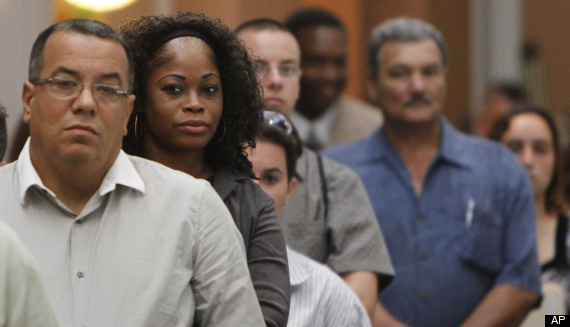
Posted: 7/12/11 06:32 PM ET
Employers are still discriminating against unemployed people in their online job ads despite an increase of scrutiny on hiring practices, a new report by the National Employment Law Project has found.
HuffPost reported back in June 2010 that a number of job postings on sites such as Craigslist, Monster.com and Indeed.com explicitly ruled out jobless applicants using the language "must be currently employed," or "no unemployed candidates will be considered." According to the new NELP survey of a number of "heavily-trafficked job posting websites," employers have continued to screen out applicants solely because they are unemployed.
"This pernicious practice adds a tremendous burden for unemployed workers as they look for jobs," said Christine Owens, executive director of NELP. "For the millions of jobless Americans struggling to climb out of the deepest job hole in many decades, nothing can be more demoralizing than the double-whammy of losing a job and then learning they will not be considered for new positions because they are not currently working."
The jobs crisis is far from over: As of June, nearly 6.3 million U.S. workers had been out of work for six months or longer, according the Bureau of Labor Statistics. The average length of unemployment has steadily risen to almost 40 weeks, and there were nearly five job applicants for every job opening as of the most recent data in May.
In order to even out the playing field in the job market, Reps. Rosa DeLauro (D-Conn.) and Hank Johnson (D-Ga.) have introduced the Fair Employment Opportunity Act of 2011, which makes it illegal to discriminate against the jobless in a job advertisement or otherwise.
"I just thought about how unfair that was, to discriminate against people who had lost their jobs due to no fault of their own, who were just victims of corporate downsizing during a tough economy. And then to be penalized for having that status is just very unfair," Johnson told HuffPost. "It reminded me of the days when blacks were told to not apply for jobs, or job advertisements said 'no women allowed.'"
"I'm hopeful that this can be a bipartisan effort," he said, "because unemployment knows no demographic difference."